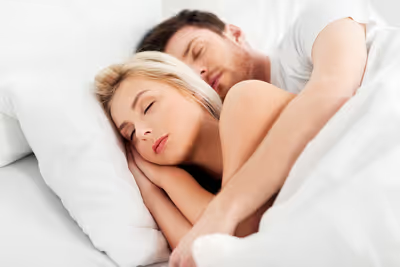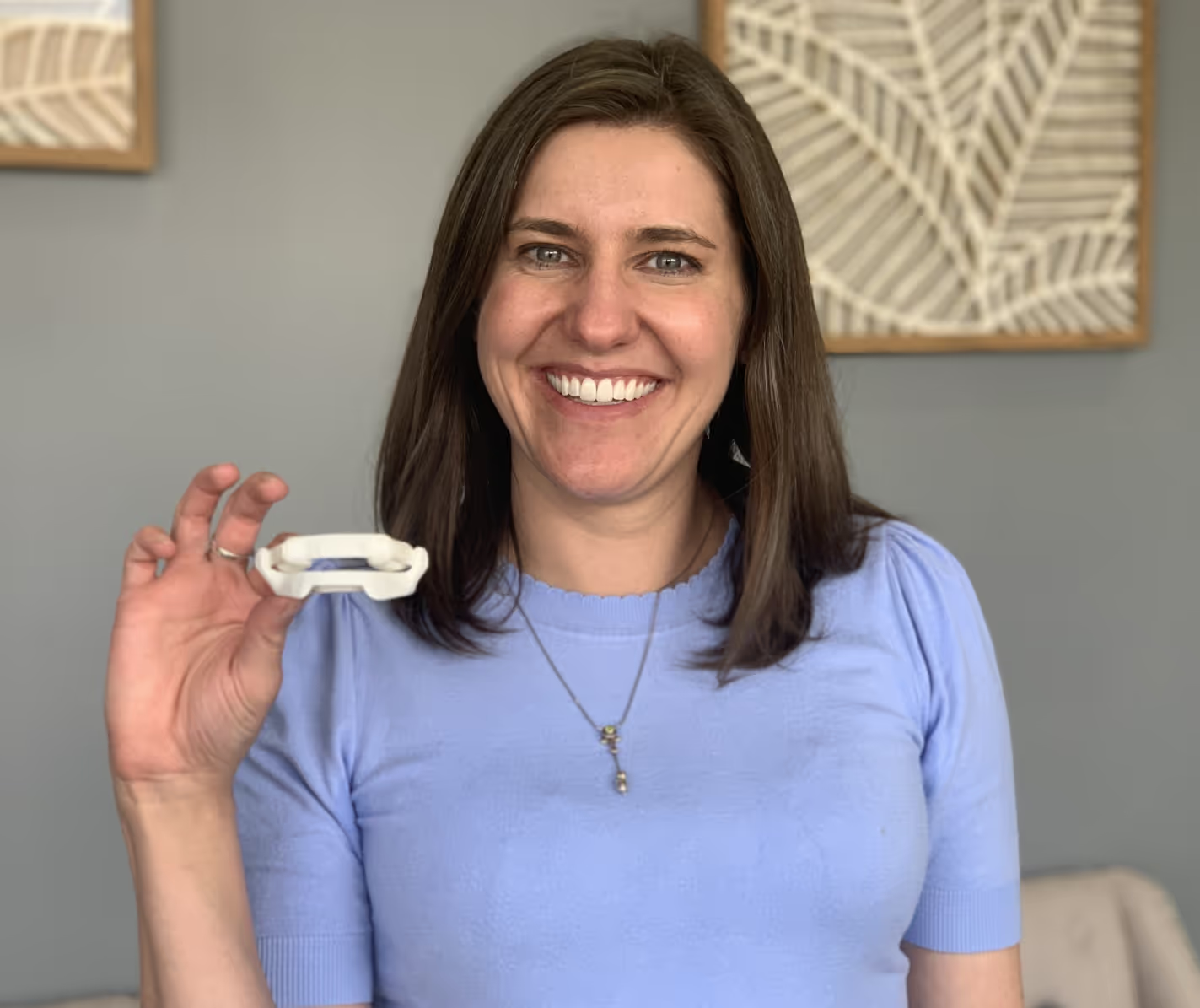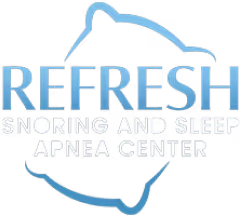

Sleep Apnea Treatment — Denver, CO
If you're looking for expert sleep apnea treatment in Denver or need a reliable sleep study in Denver, Refreshed Snoring & Sleep Apnea Center is here to help. Our Denver-based team specializes in diagnosing and treating sleep disorders with precision, compassion, and a commitment to long-term health. Whether you’re struggling with loud snoring, chronic fatigue, or unexplained daytime sleepiness, we offer custom solutions tailored to your unique needs.
400 S. Colorado Blvd, Suite 720, Denver, CO 80246
Tuesday-Friday 8:00-3:00
By appointment only.

.svg)
Expert Sleep Apnea Treatment in Denver
At Refreshed Sleep’s Denver location, we offer focused care for patients dealing with sleep apnea and other breathing-related sleep concerns. Left untreated, sleep apnea can affect cardiovascular health, cognitive performance, mood, and overall quality of life. That’s why early evaluation and personalized care are essential.
Our approach emphasizes a thorough assessment and targeted therapies to help you sleep better—and live better. We combine modern technology with a compassionate touch to ensure each patient receives solutions suited to their specific challenges.



Why Do You Need To See Your Dentist Immediately?
Identifying the root cause of your sleep disturbances starts with accurate information. We generally refer patients to physician partners for in-depth sleep study evaluations, which may include in-lab testing when needed. However, we offer at-home sleep studies on a cash-pay basis for those who prefer testing in the comfort of their own home or who need a more convenient option.
These noninvasive studies, whether conducted at home or referred to a fully equipped lab, are essential tools in identifying obstructive sleep apnea (OSA) and other conditions. They ensure that you receive the most effective and individualized care plan possible.
At Refreshed Sleep’s Denver location, we provide specialized care for patients with sleep apnea and other breathing-related sleep disorders. Left untreated, these conditions can affect your heart, mood, focus, and overall health. Our expert team uses modern technology and compassionate care to offer accurate diagnosis and tailored therapies—helping you sleep better and feel better every day.
Personalized Sleep Apnea Treatment Options
Once your sleep study results are available—either through our at-home option or via a referred physician partner—our team works with you to craft a customized treatment plan that considers your condition, preferences, and lifestyle.The clenching force you unconsciously do while sleeping is three times higher than regular chewing. In this case, you need to see a doctor for sleep apnea and snoring solutions.
Your teeth receive this extreme force which leads to tooth damage. Because you are unaware, you cannot control teeth grinding. You only see the visible signs that impact your oral health.

.avif)
.svg)
CPAP Therapy
For moderate to severe sleep apnea, Continuous Positive Airway Pressure (CPAP) remains the gold standard. This device keeps your airway open while you sleep, helping eliminate breathing pauses and restoring deep, restorative rest.


.svg)


.svg)
Oral Appliance Therapy
While Continuous Positive Airway Pressure (CPAP) is often prescribed for sleep apnea, many patients struggle with the hassle of masks, tubing, and machine noise—leading to poor compliance. For a more comfortable and convenient approach, we offer custom-made oral appliances. These discreet, easy-to-wear devices gently reposition the jaw to maintain an open airway throughout the night, providing effective relief without the bulk or discomfort of traditional CPAP therapy.

Personalized Sleep Apnea Care and Lifestyle Support in Denver
At Refreshed Snoring & Sleep Apnea Center in Denver, we take a holistic, patient-first approach to sleep apnea treatment. Our experienced team combines advanced diagnostics with practical, personalized care plans tailored to your unique needs, lifestyle, and health goals.
Beyond medical intervention, we offer education and coaching on key lifestyle and behavioral strategies that support long-term success, including:
Weight management
Healthy sleep habits
Optimal sleep positioning
Stress reduction techniquesOur goal is to help you achieve meaningful, lasting improvements in your sleep quality. With modern equipment, trusted physician partnerships, and a commitment to patient-centered care, we’re here to help you wake up feeling truly refreshed.


